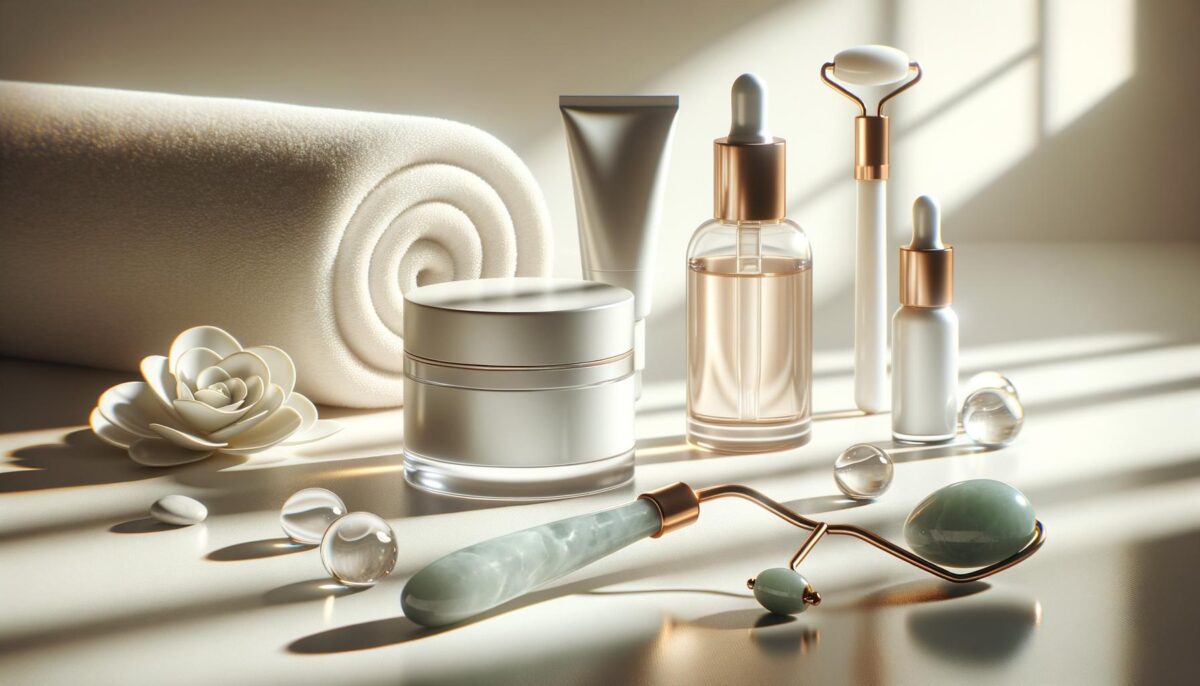Understanding Wrinkle Formation
Wrinkles are a natural part of the aging process, influenced by a combination of factors like genetics, lifestyle, and environmental exposure. For seniors, these factors become more pronounced, resulting in visible lines and creases on the skin. With age, the skin’s elasticity decreases, and the production of natural oils also reduces, leading to dryness and the eventual formation of wrinkles. In addition, repeated facial expressions over time contribute to permanent furrows. Understanding these underlying causes can provide insight into how to effectively manage and treat wrinkles.
Popular Wrinkle Treatment Options
There are numerous wrinkle treatment options available for seniors today. These treatments range from topical applications to more advanced medical procedures. Some widely used treatments include:
- Topical Retinoids: Derived from vitamin A, these compounds help reduce fine lines and improve skin texture.
- Antioxidant Creams: Rich in vitamins C and E, these creams protect the skin from free radical damage and support collagen production.
- Non-invasive lasers: These treatments stimulate collagen production without damaging the skin surface.
It’s essential for seniors to consult with a dermatologist to determine the most suitable treatment plan tailored to their unique skin needs and health conditions.
Benefits of Professional Treatments
While over-the-counter products like creams and serums are accessible, professional treatments often deliver more noticeable and longer-lasting results. For instance, treatments like chemical peels, microdermabrasion, and laser therapy are designed to renew the skin’s surface and stimulate deeper skin layers, promoting collagen rejuvenation. These methods are often performed under medical supervision, ensuring safety and effectiveness. For seniors looking to invest in their skin health, professional treatments can offer significant improvements in texture, tone, and overall skin appearance.
Lifestyle Habits to Complement Treatments
In addition to professional and over-the-counter wrinkle treatments, certain lifestyle habits can enhance skin health and slow further aging. Seniors should consider incorporating the following practices:
- Maintain Hydration: Drinking plenty of water keeps skin hydrated and maintains its elasticity.
- Balanced Diet: Consuming a diet rich in antioxidants can support skin health from the inside out.
- Sun Protection: Regular use of sunscreen protects against UV damage, a major contributor to wrinkles.
Adopting healthy lifestyle habits complements any treatment regimen and can help maintain youthful-looking skin.
Natural Alternatives for Wrinkle Treatment
Many seniors prefer natural alternatives for wrinkle treatment, focusing on ingredients that are gentle on the skin. These can include:
- Aloe Vera: Known for its soothing and hydrating properties, it helps reduce the appearance of wrinkles.
- Green Tea Extract: Rich in antioxidants, it protects against oxidative damage and supports skin repair.
- Coconut Oil: Moisturizes the skin, improves elasticity, and reduces fine lines.
These natural remedies can be effective when used consistently and may offer a safer option for those sensitive to chemical-based products.
Conclusion: Choosing the Right Wrinkle Treatment
When it comes to selecting the most suitable wrinkle treatment for seniors, it’s crucial to consider factors like skin type, lifestyle, and personal preferences. Consulting a healthcare professional can help in making informed decisions, ensuring the choices made align with your skin health goals. By integrating effective treatments with healthy living practices, seniors can enjoy smoother, more youthful skin while embracing the natural aging process.
